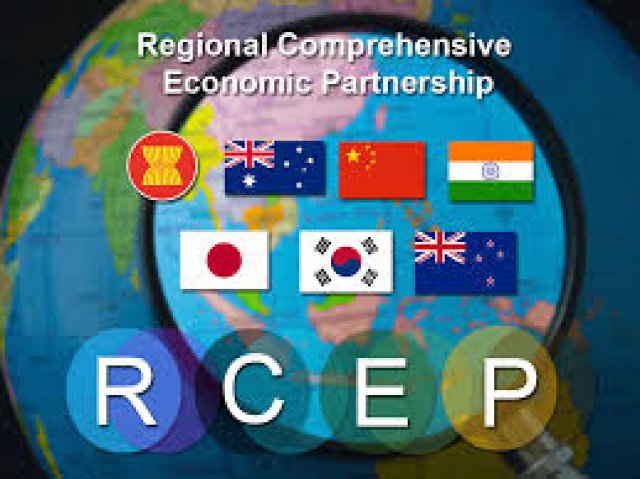
The giant Regional Comprehensive Economic Partnership (RCEP) trade deal was signed on November 15 by Australia, New Zealand, China, Japan, South Korea and the 10 ASEAN countries (but without India) with great fanfare about its claimed economic benefits.
But the deal was completed before the COVID-19 pandemic and has not been revised in the light of lessons from the pandemic. Like previous trade deals, the RCEP restricts local industry policies.
The pandemic has taught us that we need to depend less on imports and increase our local capacity to produce medical equipment, vaccines and other essential products.
Instead, the RCEP rules encourage all countries to specialise in a narrow range of products and services and import everything else. This suits global corporations but will increase dependence on global production chains and restrict governments from developing local industries.
India left the deal because of concerns about the RCEP’s potentially negative impact on local industry development, which should sound warning bells. India’s absence also means there will be almost no increase in Australia’s export opportunities, since Australia already has free trade agreements with all of the other RCEP member countries.
The RCEP also has no commitments to any labour rights or environmental standards, increasing the danger of a race to the bottom on those standards. The deal includes countries like China and Burma where there is mounting evidence of labour rights and human rights abuses. But there are no provisions to deal with issues such as forced labour or child labour, and there is no mention of climate change.
The Australian government is claiming that the main benefit of the agreement is that it writes a common set of legally binding trade rules for the region.
But many of these rules go far beyond traditional trade issues. They open up essential services like health, education, water, energy, telecommunications, digital and financial services to private foreign investors and restrict the ability of future governments to regulate them in the public interest.
Governments need to have the flexibility to deal with crises like pandemics and climate change.
The government has failed to commission any independent studies about the economic and social costs and benefits of the RCEP in Australia. This means it is impossible to judge whether the agreement will benefit the economy as a whole, let alone the most vulnerable workers and communities in the recession caused by the pandemic.
The RCEP continues the secretive and undemocratic trade process in Australia. The full text of the agreement will only be released after signing and will be reviewed by a parliamentary committee dominated by the government which cannot change the text. Parliament will only vote on the implementing legislation not on the whole agreement.
AFTINET and other community organisations will make submissions and lobby parliamentarians and Senators to look past the spin and consider the real costs of the RCEP to workers and communities.
[For more information, visit Australian Fair Trade and Investment Network.]